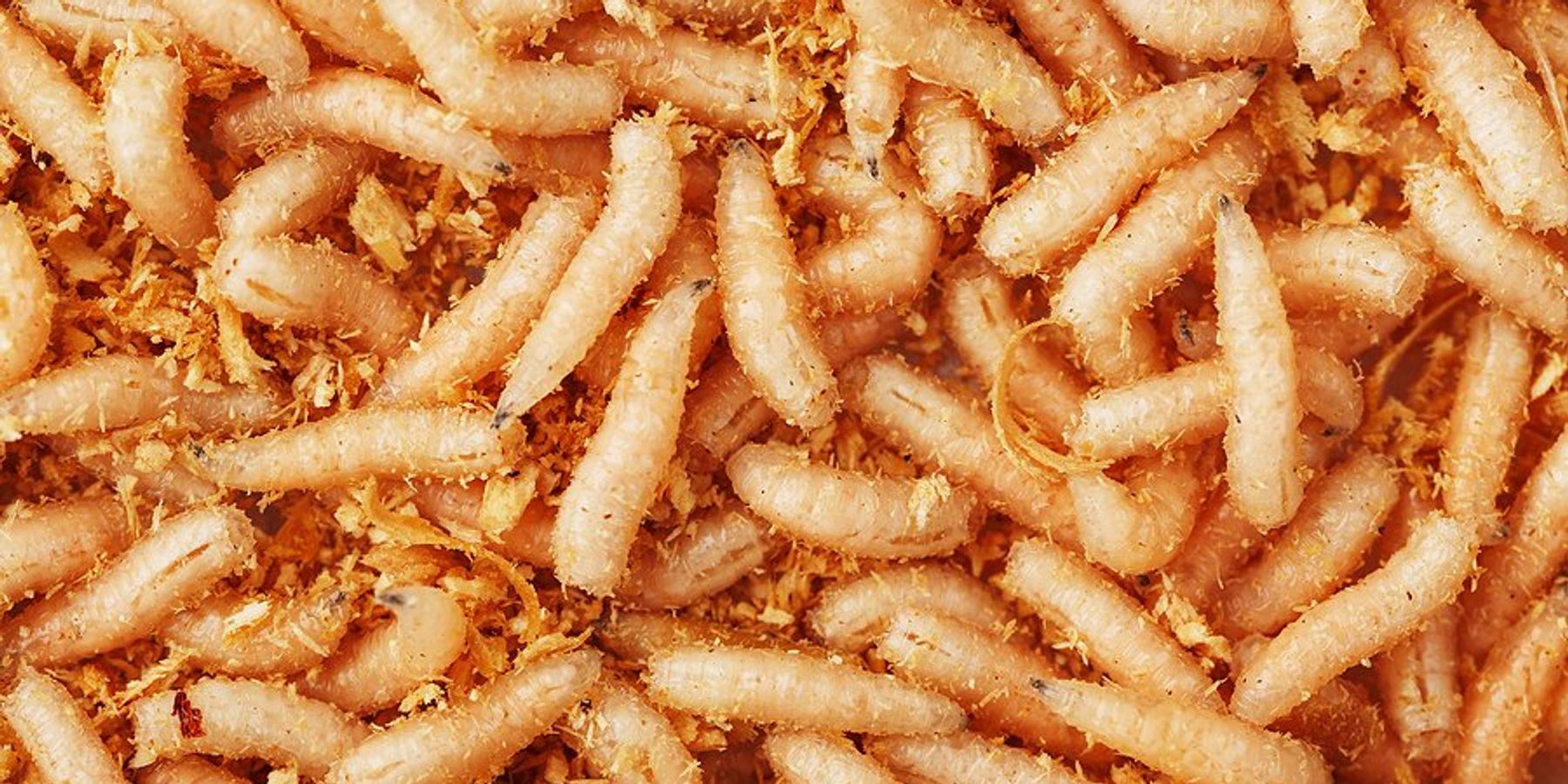
Insect farms turn food waste into animal feed, raising hopes for greener protein
A French startup is breeding billions of black soldier fly larvae to turn food waste into protein for fish and livestock feed, aiming to reduce carbon emissions and reliance on soy and forage fish.
Nicolás Rivero reports for The Washington Post.
In short:
- Innovafeed operates the world’s largest insect farm in Nesle, France, using black soldier fly larvae to convert food waste into protein powder, oil, and fertilizer.
- The company uses waste heat and by-products from nearby factories to lower energy use and emissions, but has not yet reached profitability amid industry bankruptcies and slow regulatory approval.
- Insect protein remains costly compared to soy and fishmeal, but offers potential environmental and health advantages if scaled up effectively.
Key quote:
“Being able to incorporate insect farming into waste management and use the by-products as safe and nutritious ingredients would be great, rather than hauling so many trucks of trash out to the landfill.”
— Christine Picard, biologist studying insects at Indiana University at Indianapolis
Why this matters:
Nearly one-third of all food produced globally is lost or discarded. This waste releases methane, a powerful greenhouse gas, when it rots in landfills. At the same time, the demand for protein to feed farmed animals continues to rise, driving deforestation for soy and depleting oceans of small forage fish. Insects like black soldier flies offer a closed-loop alternative: they thrive on waste, grow quickly, and can be processed into high-protein feed and fertilizer. While insect farming remains a niche industry, it could help reduce pressure on land and marine ecosystems and cut emissions — if logistical, regulatory, and economic hurdles can be overcome.
Related: Food waste management practices in hospital: potential for increased environmental sustainability













